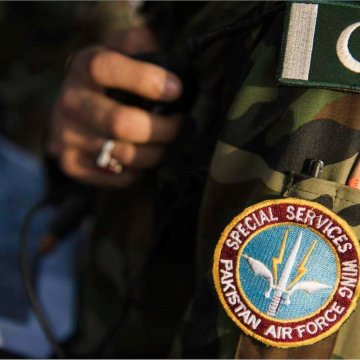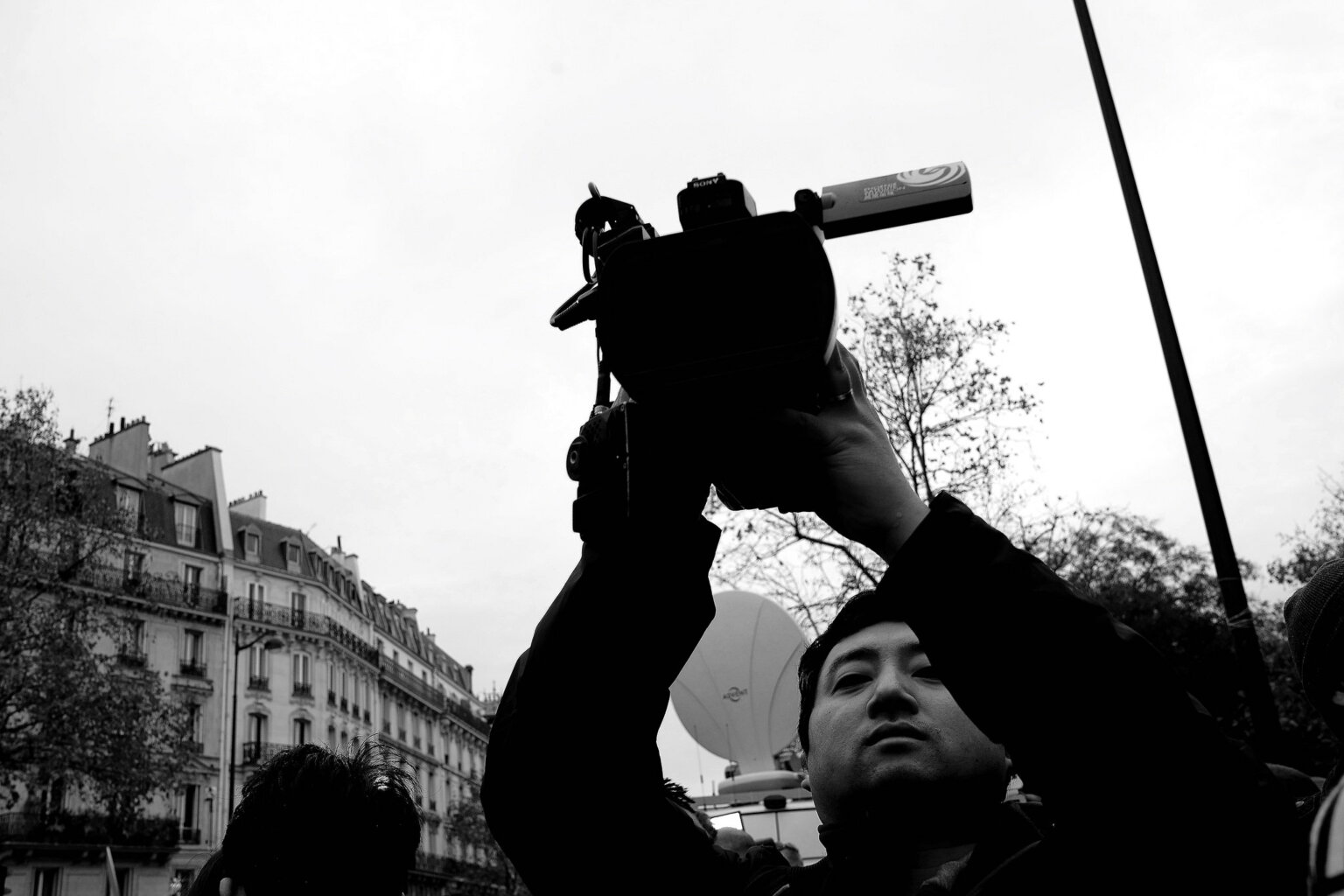- About
- Topics
- Picks
- Audio
- Story
- In-Depth
- Opinion
- News
- Donate
- Signup for our newsletterOur Editors' Best Picks.Send
Read, Debate: Engage.
| topic: | Transparency and Corruption |
|---|---|
| located: | Pakistan |
| editor: | Shadi Khan Saif |
The brutal assassination of a reputable Pakistani journalist, Arshad Sharif, is not an isolated incident, but a recurring pattern that demonstrates the power behind Pakistan’s military establishment. If left unchecked, these suspicious occurrences risk destabilising the country’s freedoms and democracy.
On 23 October, Sharif was shot and killed in a moving vehicle by Kenyan police outside the capital, Nairobi. While Kenyan police have failed to provide a plausible explanation for the murder, stating it was a case of a mistaken identity for a stolen vehicle, many remain skeptical that the Pakistani military was not involved in silencing the vocal critic of corruption. A detailed and independent probe into the assassination of this reputable journalist is required to secure both his dignity and the country’s basic legal and human rights. The horrific incident in Kenya has shocked journalists worldwide, and reminded Pakistani journalists of the grim threats they face for exposing corruption.
Mr Sharif had already felt threatened within Pakistan, as evidenced by the military establishment's warnings against the issued death threats on his life. Subsequently, the investigative journalist fled to the UAE, and from there to Kenya where he was murdered.
Mr Sharif is not the first journalist to fall prey to this censorship in Pakistan, and many fear he may not be the last. Just weeks before this inhumane act, multiple journalists were arrested, thrashed and threatened for speaking out and challenging the powerful military establishment, which, through intimidation and violence, undermines the country’s freedoms of speech and press.
In collaboration with other segments of the government, the military establishment has managed to take control of the country’s press, and even its financial centres, as many corruption scandals can be traced back to members of the army. Pakistan Army officers have over the years developed an empire of profitable corporations, despite the country's overall deteriorating economic outlook.
It is the right of every citizen of the country, reporter or not, to question and call attention to these unacceptable practices as the army is intended to protect them, especially as army funding comes largely from tax revenue. On the contrary, instead of institutionalising a responsible and free press, the ruling elite has had the freedom of speech restricted through legislations, threats and deadly attacks like this recent one.
With its immense natural resources and talented human capital, Pakistan has the capacity to supply many humanitarian and economic freedoms for its people if its ruling elite turned on a path of transparency and fairness. For this, a free and unthreatened media that operates responsibly on its end could work to keep the governmental system in check.
It is still not too late for this change. The ruling quarters in Pakistan should give up on its authoritarian attitude of confrontation and join forces with all segments of society, especially with its journalists, to ensure justice and a better life for all.
Photo by Sameer Akhtari

